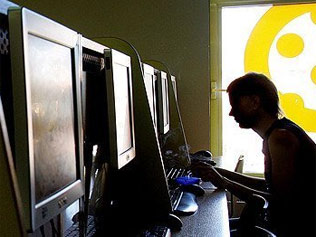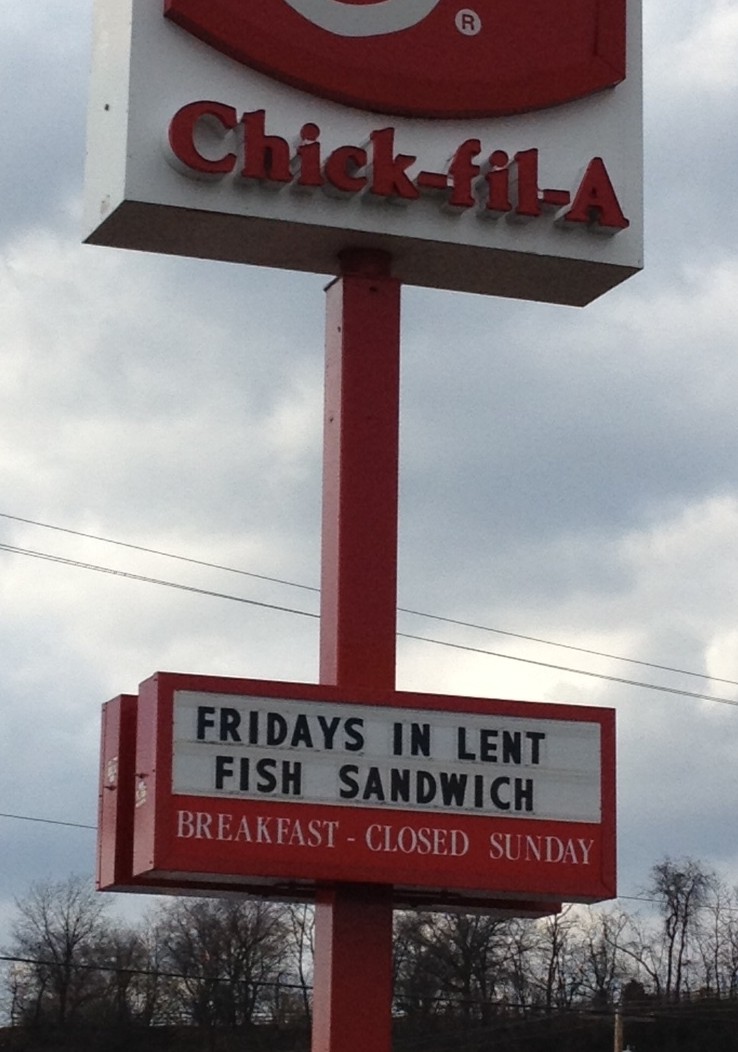Who are “the poor?” In Think and Act Anew: How Poverty in America Affects us All, one unnamed Catholic Charities director offers:
1. they cannot afford housing that is clean, safe, and in good repair;
2. they cannot afford nutritious food for themselves and their family on a regular basis;
3. they cannot consistently pay their utility bills even though it is a priority;
4. their children are not adequately clothed for school with clean clothes that fit and are in good repair, and they do not have proper clothing for work; or,
5. they cannot afford to go to the doctor for any kind of illness for fear that the visit will be beyond their means to pay for it.
All of these things are a matter of the basic necessities for human flourishing. They are not luxuries, they are basic human rights to which every human person is entitled. From the perspective of Catholic social teaching, the focus must be persons in need and this begins with listening to those at and below the poverty line.
THE LINE : Poverty in America — It’s not what you think- is ” a groundbreaking documentary chronicling the new face of poverty in America” that should be required viewing for anyone involved in decision making about social welfare policy. In the persons interviewed the recurring theme of hopelessness and frustration emerged.One African- American woman in Chicago was interviewed and as she’s trying to explain how and why the gang problem is so difficult to deal with – she said (and this is a loose-quote) –
it is not that they do not want to live, it is not that they don’t want a future – but they simply do not see one as possible for them, they have no hope.
In Setting Children Free: Loosening the Bonds of Poverty in West Virginia, Bishop Michael Bransfield summarizes the outcome of poverty listening sessions in West Virginia, echoing this same despair:
You spoke of the soul-killing aspects of poverty: so many of the poor you knew had lost hope and were “no longer dreaming.”
What does it mean to be hopeless? to no loner dream? It is an inability to see oneself as having equal human dignity, as in the image of God, and as loved by God and others. This despair is soul-killing, it is a violation of human dignity of individuals, of families, communities, and of generations. It entraps one in hopelessness, internalizes marginalization and makes one unable to embrace the hope found of Jeremiah 29:11,
“For I know well the plans I have in mind for you—oracle of the LORD—plans for your welfare and not for woe, so as to give you a future of hope. “
In response, the Christian is called to stand with the crucified peoples– to listen, to see, to accompany, to fight for justice, and to love. This fight for justice involves fighting poverty and structural sin. However, discussions about anti-poverty programs are often hampered by the fear of dependency, fear of the “welfare trap” in which the real danger is making social welfare programs too generous losing the incentive to work and be independent. The starting point in that logic is the failure of the poor, not equal dignity of the poor. Bishop Bransfield recounts one particular story which reveals the complex problem in the “dependency question.”
You recognized the systems to help those in poverty could have unintended consequences: A veteran of working with the poor declared, “I can’t tell you how many times people say they won’t get a higher
paying job because they’ll take away benefits like medical and child support.”
Statements like this are sometimes uncritically taken as evidence of the DEPENDENCY TRAP, the reality is more complicated. Why will people refuse a higher paying job to keep benefits like medical and child support? Is it because those benefits are SOO GOOD? Because they want to “get something for nothing?” Or is it because the higher paying job, in itself, does not pay ENOUGH to compensate for the loss of medical and child support?? The dependency trap revealed here is that the working poor do not see a future, they do not see a way out in which they have a higher paying job and they can meet the basic needs of their family. No parent should be forced to make that choice. The dependency trap about which we should all be worried is the despair that comes with soul-killing hopelessness about one’s future and the future of one’s children. How do we avoid the real dependency trap of despair? By providing greater social protection resources, not less. By providing a graduated spectrum that continues to support families as they climb out of poverty, not which makes that climb even steeper. How do we avoid the dependency trap of despair? By living faithful discipleship in which we treat all of our neighbors as children of God, as the image of Christ, as our brothers and sisters.





Thanks for the article, Meghan.
It seems to me that there is another side to the “dependency trap of despair” problem, and that is looking at the situations – the beliefs or behavioral patterns – of the people involved that created the problem in the first place.
So much of the problem today, it seems to me, comes down to a greatly disordered understanding of family. If there is not a clear understanding of what a properly ordered human family looks like – what it means to be a father or a mother, a husband or a wife, how right sexual morality safeguards and creates a healthy family environment, what is expected of a man in a family and what is expected of a woman – then how can we hope for a better future for the children of those currently in poverty? There are problems with drugs, and problems with gangs, and problems with violence – but the disordered family is the precursor to all of this.
With this in mind, I note that you said the answer to avoiding the real dependency trap of despair is by providing greater social protection resources, not less. I offer a criticism of this evaluation. I suggest that the answer to avoiding the dependency trap of despair is instead to teach young men how to be men.
I saw in this article mention about the gang problem. The explanation that is given is that young men see no hope for themselves and so they become more easily drawn into the gang mentality. I suggest there is another explanation also: young men see no true model of masculinity – neither in their homes nor in polite society. They are then offered what is presented as real manhood – with an initiation and everything – in the gang world, and they seek after it.
The reason why I have pause about the idea of providing more social protection resources, not less, is because to provide more of such things is part of why there are few authentic models of masculinity in polite society. In other words, this is part of why young men are drawn into gangs; it is part of why young men have no hope. One of the foundational points of manhood is to be provider; if this provision is accomplished by government, then masculine identity is undercut within a culture. On the other hand: if a young man does have hope, and founds for himself a healthy family life, then he becomes a pillar of stability for a woman (his wife) and their children. He becomes a source of life in his community.
If we invest in young men, in teaching them what real manhood looks like in the fullness of fatherhood – in all its aspects of chastity and self-sacrificial love for wife and children, as well as in the duty of authority and responsibility that a father holds to provide for his family and order it properly – then we can create a social renewal that will perpetuate itself, instead of creating more people dependent on social assistance.
-Paul
Paul,
Thank you for your comment. There is much research going on about a real crisis of identity in terms of men’s role in society, the family, etc. However, part of the problem is the inability to see this outside of very structured gendered roles in which manhood is about simply being a provider….thus, when we no longer insist that the only “proper” role for women is as caretaker in the home and thus, they can “provide” it creates a crisis. Further complicating this is that we no longer live in a world where the vast majority of families can ever hope to survive on a single income. So once again we’re back to where is the man’s role if it is assumed and necessary that both are “providing.”
In terms of investing in young men, I completely agree – however – I do not see how this is against my point. As I understand you, your understanding of social protection is not the reality of government programs and the social safety net. How can you invest in young men by cutting education, after school programs, head start, and child nutrition programs? How can you invest in young men without investing in pell grants and other education programs? How can you invest in young men if you do not support access to safe, stable, and affordable housing for poor families?